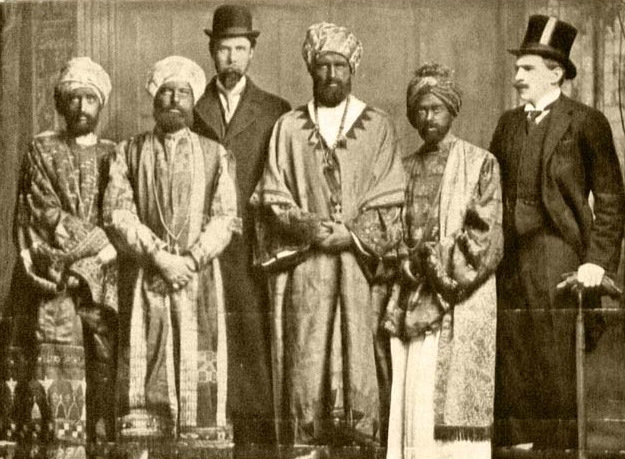Last week, I walked fifteen minutes to a friend's house in Fort Greene to drink cheap beer and watch bad football. The Titans lost. The Jets lost. In short, it was Sunday.
In a couple hours, I'm going to the same friend's house to drink cheap beer and watch bad football. The Titans will almost certainly lose. The Jets have a bye, which is good news for anyone tired of Mark "Futility" Sanchez. And meanwhile, in Staten Island, the Rockaways, Coney and elsewhere, New Yorkers are cold, hungry and mad for reasons that have nothing to do (I assume) with the Jets.
It's not original to comment on the uncanny way that the hurricane split the city in half. For most New Yorkers, life is the same as it was last week—although we're saved the headache of charging through the grocery store buying water. For a handful, well, life has turned to shit. And save for rescue workers, utility workers and the increasing stream of volunteers, reporters and disaster area-tourists, there has been little contact between the two.
The hurricane stripped New York of mass transit, gas supplies, power and Internet—it's no surprise that it's failed to bring us together. People can only walk so far, and those who didn't need to brave bus and gas lines couldn't be blamed for staying in their neighborhoods. Neighborhoods may have come together, but the city has begun to seem very large.
Yesterday, reading this excellent Times story about the horrifying conditions inside public housing, I was so affected by the first two paragraphs that I asked myself, "Where was this filed from? Did the reporter make it all the way to Coney Island?" I glanced at the dateline—the bit that tells you where the reporter was when he wrote the story—and realized that, of course, it didn't have one. Articles written in New York don't need a dateline, because this is our home court. But suddenly, Coney Island feels as far away as Beirut.
New Yorkers like to identify with their block, with their neighborhood, borough and city. In an idle way, we assume we have something in common with people in the far reaches of Queens, the Bronx and Staten Island. Sure, I've never spent much time in any of those places, but I've driven past them in cabs. They looks like suburbs, and I know what suburbs are like. Or they look like any of the dozens of middle and working class neighborhoods that stretch across Brooklyn. I've spent time in those places. I can imagine everywhere else.
I really have spent time in Coney Island and the Rockaways. Vacation time, but still. I know the streets. I know what trains to take to get there. This storm has underlined how shallow, how arrogant, how stupid it is to think that has given me any kind of useful knowledge. I don't know a thing about life in the Rockaways—whether or not the power is on. That's a depressing thought, though hardly a surprising one, and to cope with it I'm going to keep writing as much as I can about how the storm has affected our city's theaters. I may not know much, but I know how to write about theater, and I know how to watch the Titans lose. It's time to get back to work.




